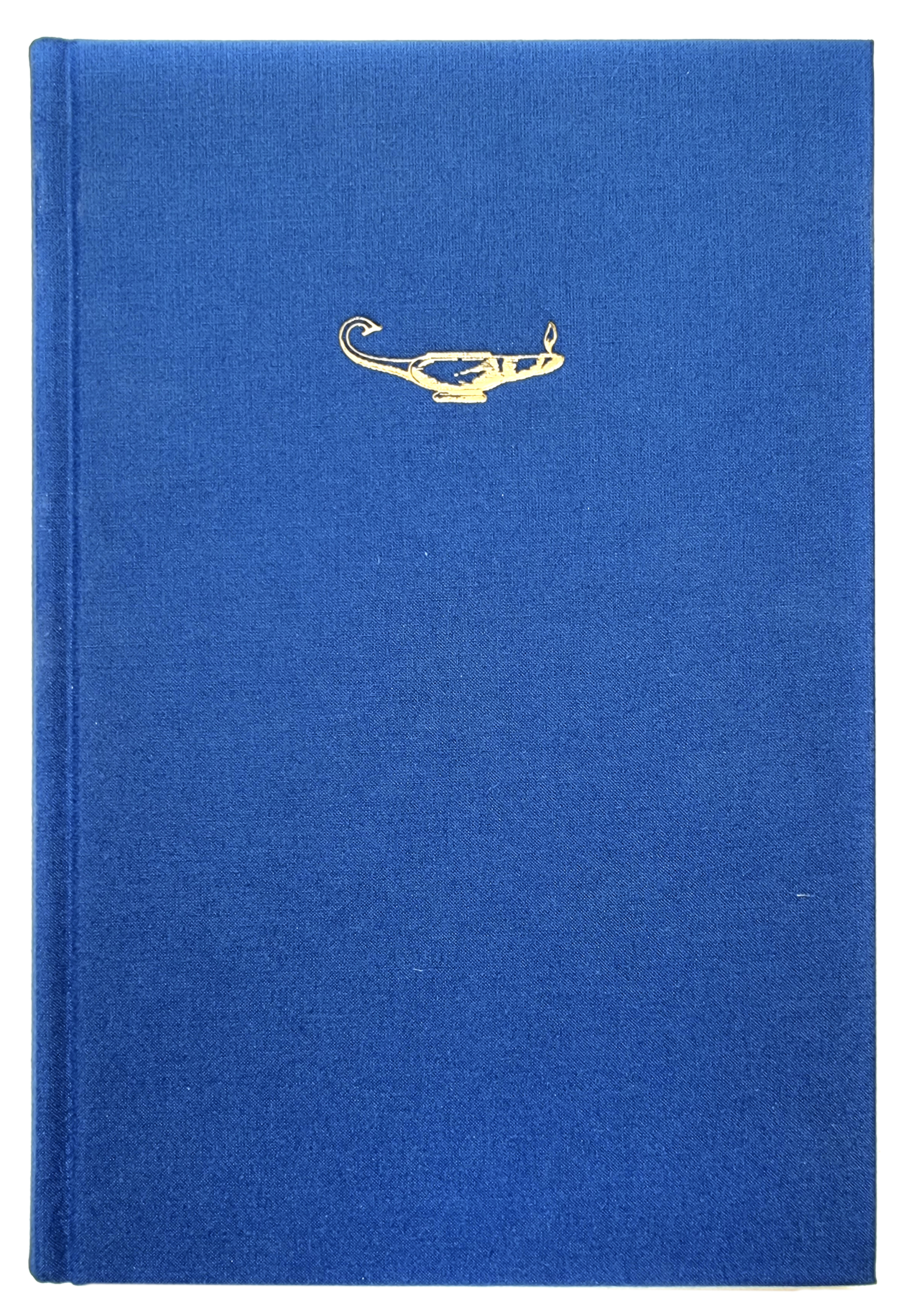Consolation of philosophy
Exemplarity of character and objects as a source of comfort in the works of Walter Benjamin and Maria Zambrano
Keywords:
exile, consolation of philosophy, stoicism, World War II, Spanish Civil WarAbstract
This article examines a part of a modern history of the consolation of philosophy, as it is expressed in the works of German philosopher Walter Benjamin and Spanish philosopher María Zambrano. It is argued that both belonged to an emotional community that was formed around the experience of exile from WWII and the Spanish Civil War, and in which the consolation of philosophy was thematized. Against interpretations of consolation in modern literature that emphasizes the unspeakability of sorrow, and the reemplacement of consolation for ongoing mourning, I argue that in the works of the two authors we find a notion of consolation of philosophy that places redemption in the future, but consolation in the now. Through an analysis of their letters from exile, as well as essays and other publications, I show how consolation was connected to certain therapeutic devices such as philosophizing, publishing, representing the exemplarity of character and collecting, and how these connected individual and present suffering with a universal history allowing for redemption in the future. It was this connection that allowed for the transformation of emotional state involved in consolation. Finally I argue that consolation in the now was possible because of a fundamental conviction of the possibility of communication beyond historical and personal circumstance.
Downloads
Published
Issue
Section
License
This work is licensed under a Creative Commons Attribution 4.0 International License. The copyright for the work published in Lychnos remains with the authors.


